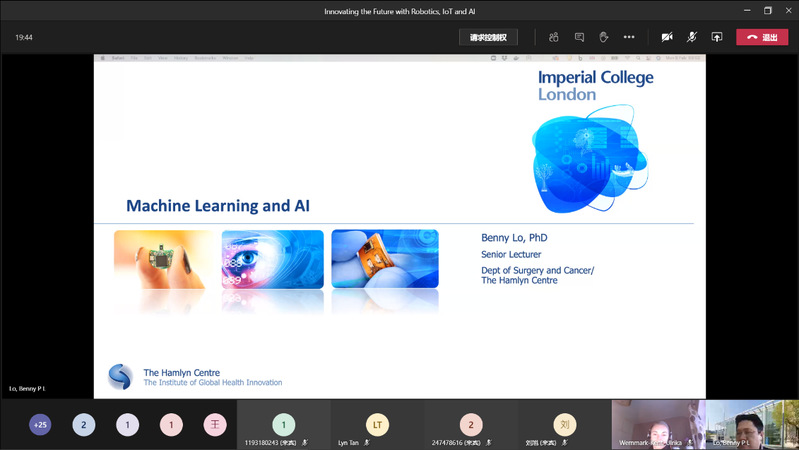Facing the era of “Internet of Everything”, artificial intelligence and robotics technology will provide powerful support for the intelligentization of IoT components. IoT will provide a broader application prospect for artificial intelligence and robotics technology. From January 23, 2021 to February 28, 2021, 15 undergraduate students participated in the course of Robotics, Artificial Intelligence, and the Internet of Things offered by the Imperial College London online.
Dr. Benny is a senior lecturer at the Hamlin Center of Imperial College London. He serves as the chairman of IEEE EMBS Wearable Biomedical Sensors and Systems Technical Committee and is one of the pioneers in human sensor research (BSN). In this course, Dr. Benny first illustrated the development of IoT and related communication protocols in details, combining with his research findings. Then, he introduced knowledge of machine vision and latest artificial intelligence technology.
On the topic of computer vision, Dr. Benny explained various classic image algorithms for edge detection and region segmentation. He encouraged students to think beyond the scope of theories by introducing several potential technical application directions, such as image sequence processing in image alignment, object recognition, and 3D reconstruction.
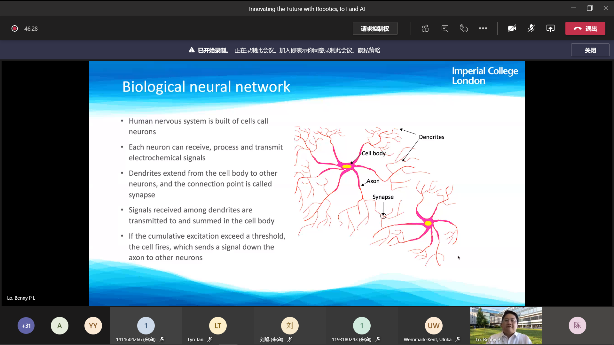
In terms of artificial intelligence, Dr. Benny focused on artificial neural networks and deep learning methods. He also introduced fundamental theories for AI, such as decision trees, Bayesian optimal decision theory, and clustering. With vivid examples, Dr. Benny introduced the advantages of convolutional neural networks in image recognition and the applications of expectation maximization algorithms in image segmentation, which was well received by students.
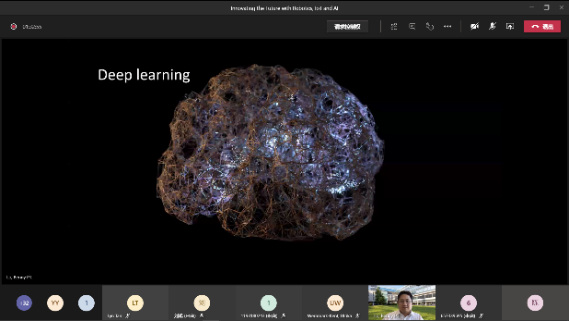
Exploration and Innovation
In addition to mastering theoretical knowledge, students also completed innovative and creative research topics based on the knowledge gained. Although the research results can only be presented via simulation due to hardware limitations, students’ research enthusiasm and innovation ability are not hindered.
The first group’s project is AiCare, which aims to use AI to facilitate people’s lives from the perspective of trivial life matters. AiCare realized a group of small robots with automatic recognition and retrieval functions. It used deep learning methods, such as ResNet, to recognize objects and used RVO (Reciprocal Velocity Obstacles) obstacle avoidance algorithm to prevent collisions between robots and between robots and obstacles. AiCare has good extensibility because it can give different functions to different robots.
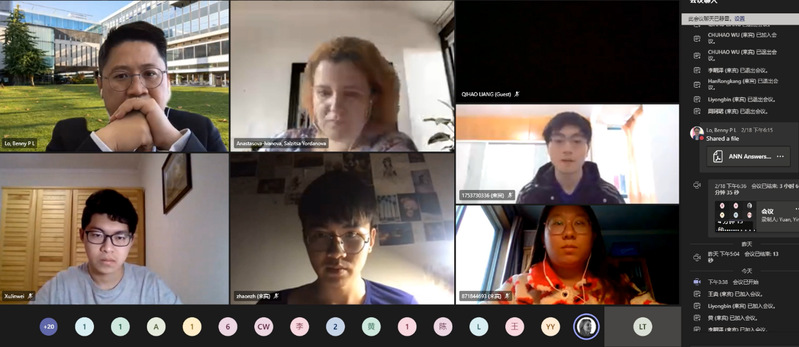
The second group focused on caring for the elderly in nursing homes in China and developed an elderly care robot with functions such as voice communication and face recognition. They believe that what the elderly need is higher-quality companionship and emotional communication, while the current nursing homes’ resources are devoted mainly to daily cleaning and other trivial tasks. Therefore, the project tried to realize the functions of radar mapping, automatic cleaning, and object transportation shared by household robots. Thus, nursing home service personnel can be freed from trivial matters. Furthermore, the natural language processing framework built on the deep learning model can provide more intelligent companionship.
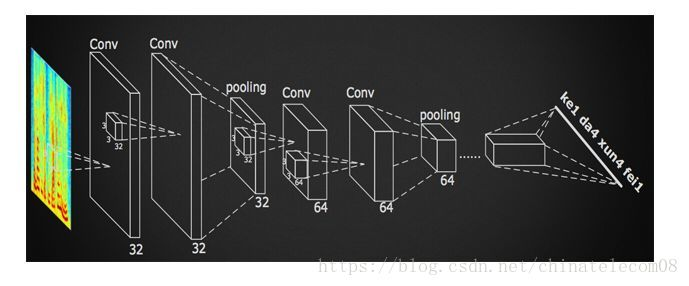
(The natural language processing model employed in the project,Deep Fully Convolutional Neural Network,DFCNN, iFlyTek, 2016)
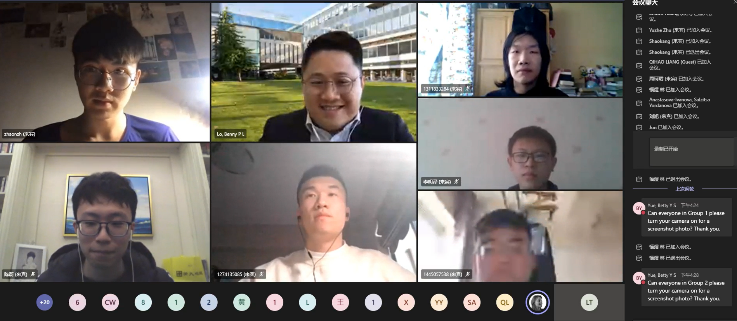
Summary
In this online exchange program of Imperial College London, students learned a broad spectrum of computer knowledge and improved independent research and teamwork skills via course learning and group presentation. We believe that students will have a more comprehensive and in-depth understanding of the core knowledge in artificial intelligence, robotics, and IoT, as well as the potential productivity and creativity generated by their integration.




